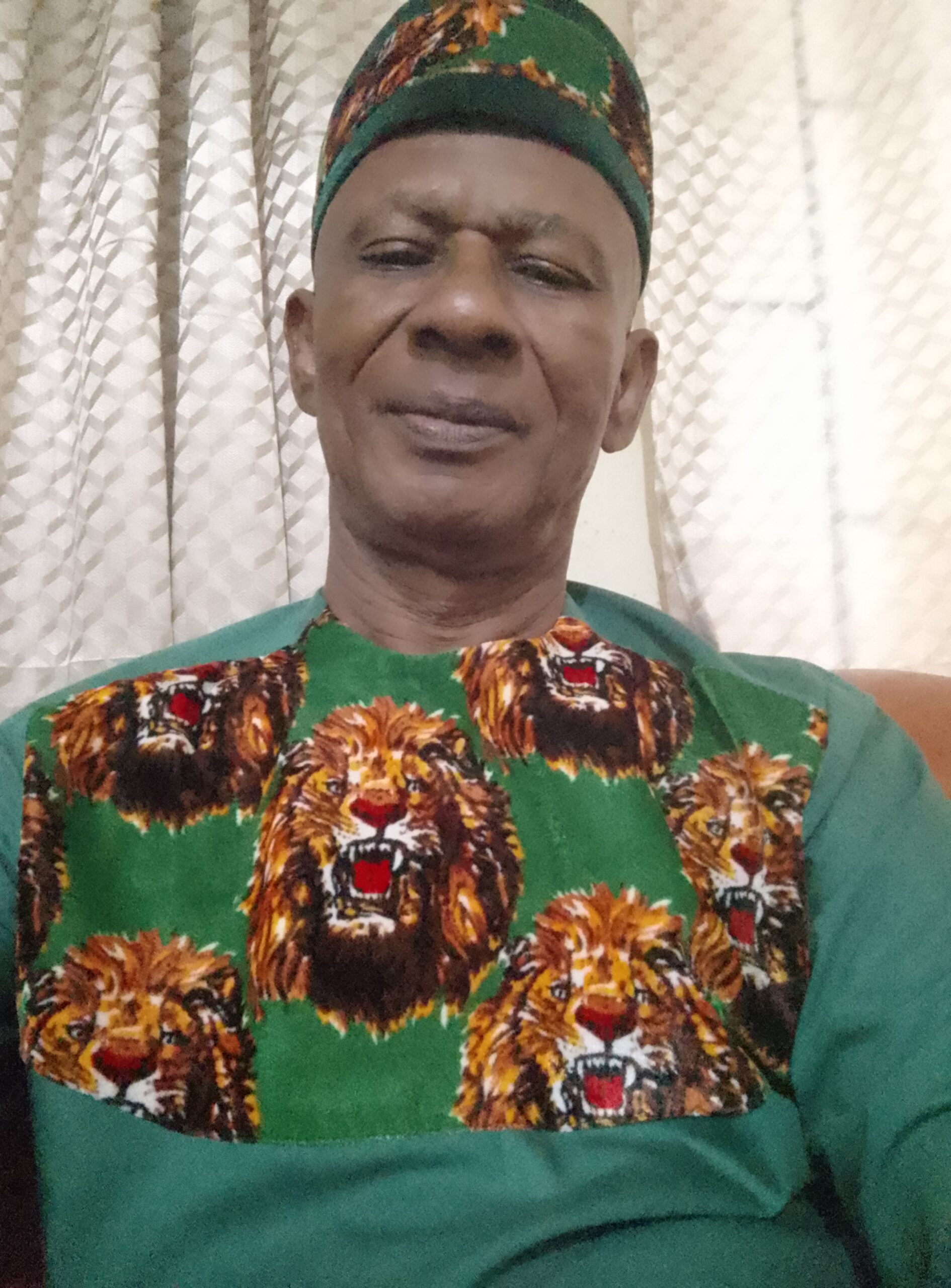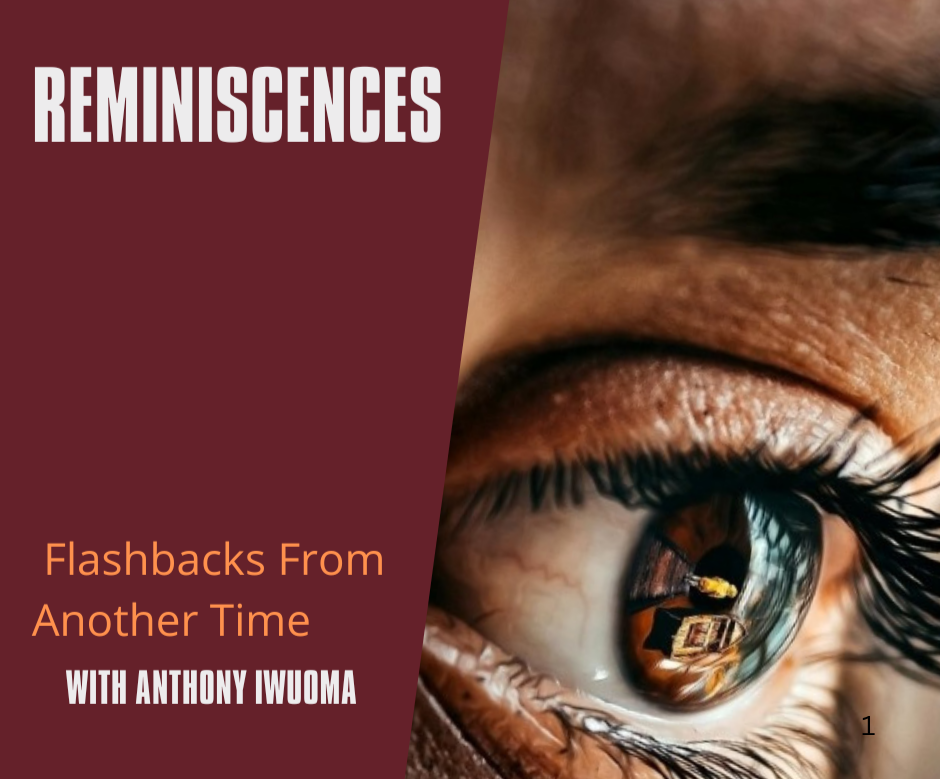
By Anthony Iwuoma
Kindly share:
October 2025 finds Israel approaching another turning point in its long, turbulent history. The guns are quieter than they were a year ago, the smoke of war has lessened, and diplomats now speak the language of “transition” and “reconstruction.” A ceasefire, carefully brokered by U.S. President Donald Trump and supported by regional partners, has taken hold, fragile, imperfect, yet undeniably important. In a region where peace often feels like a mirage, this delicate calm offers both relief and risk.
The war that brought the Middle East here was not born of ambiguity. It began with unprovoked, calculated violence, a savage assault on Israeli civilians that rekindled memories of the darkest chapters in Jewish history. On that October morning two years ago, families were murdered in their homes, children were taken hostage, and towns were razed under the flag of ideology. The message was unmistakable: to erase, not to coexist.
No state on earth could absorb such an attack and remain passive. Israel’s military response was not vengeance but survival, an act rooted in the most basic principle of sovereignty: the right to defend one’s people. Critics of Israel’s campaign often focus on its scale or intensity, but to remove context is to deny justice. When rockets fall on cities, when tunnels are built for infiltration, and when civilians are used as shields by those who claim to fight for liberation, moral responsibility becomes painfully clear.
Israel’s critics ask why its response must be forceful. The answer lies in geography and history. Surrounded by volatility and haunted by a memory of near-annihilation, Israel’s existence depends on deterrence. Every conflict tests that deterrence; every concession is measured against survival. To those who see symmetry where none exists, between a democratic state defending its borders and a militant movement built on annihilation, the moral landscape is hopelessly distorted.
Hamas’ strategy has always been dual: provoke and perform. It fires from within neighborhoods, stores weapons in schools, and counts on civilian casualties to fuel outrage abroad. Each photograph of destruction becomes ammunition for its propaganda war. The world, too easily swayed by images stripped of context, often obliges. The result is a grotesque inversion, the aggressor as victim, the defender as villain.
And yet, Israel’s moral compass remains tested; every strike, every civilian death, tears at the nation’s conscience. For Israel, this is not a war of choice but a war of necessity, fought with an awareness that victory without morality is hollow. The challenge has always been to remain humane while being unyielding, to wield strength without losing soul. That tension defines Israel’s identity as both fortress and democracy.
Now, the ceasefire offers a brief exhale. Brokered in early October, it promises the release of hostages, the withdrawal of troops from select zones, and the introduction of an international stabilisation force in Gaza. Alongside these provisions lies the grander ambition: to reopen the conversation about two states, two peoples, and one region long held hostage by mistrust.
The proposal envisions a phased path toward self-governance for Palestinians, under international supervision and with clear demilitarisation clauses. For Israel, the deal represents both opportunity and apprehension. Opportunity, because peace, even imperfect peace, is always preferable to perpetual defence. Apprehension, because the same promises have failed before. Israel’s leaders know too well how words written in diplomatic ink can dissolve in the heat of ideology.
Whether this ceasefire becomes the foundation of lasting peace depends on more than signatures. It depends on transformation, of leadership, of mindset, of the world’s consistency. Peace cannot coexist with movements that glorify death or leaders who treat civilians as instruments of strategy. Nor can it thrive if the international community, driven by political posturing, refuses to confront the moral asymmetry at the heart of the conflict.
For decades, Israel has been lectured on restraint by those who do not live under rocket fire. It has been condemned for defending itself by nations that would do the same, or worse, if their own citizens were attacked. The selective morality of the global stage has never been more apparent than now. Some voices call for accountability, but few acknowledge the impossible calculus Israel faces: how to dismantle terror without dismantling the humanity it seeks to protect.
The two-state idea, resurrected once again, remains both aspiration and illusion. In principle, it is noble, two nations to live side by side in peace. In practice, it collides with decades of rejectionism, corruption, and incitement that have eroded trust. Many Israelis want peace, but not at the price of vulnerability. They have learned, painfully, that withdrawal without guarantees breeds new battlefields. Gaza itself was once such a test, and a warning.
Still, the dream persists because it must. To abandon it entirely would be to accept endless war as destiny. The new diplomatic architecture being discussed, an international trusteeship guiding Gaza’s reconstruction, regional economic partnerships, and gradual normalisation with Arab neighbours, suggests that the idea of coexistence is not yet dead. It is simply bruised, waiting for a time when both sides value life more than symbolism.
The Trump-driven ceasefire, for all its flaws, has achieved what months of warfare could not: a pause long enough for imagination to return. It may hold; it may not. But its very existence reveals something profound, that exhaustion can sometimes accomplish what diplomacy cannot. When enough people tire of funerals, they start to dream again, however cautiously.
Still, the real work begins now. Ceasefires are not peace; they are breathing spaces. The reconstruction of Gaza will test the world’s sincerity. If rebuilding becomes a cover for rearmament, the cycle will resume. If aid becomes a bridge to coexistence, something new might take root. For Israel, vigilance remains nonnegotiable. Peace without security is an illusion.
Yet beneath the strategies and speeches lies a deeper current, one that has carried Israel through siege and solitude for generations. The nation’s endurance defies logic. From the ashes of exile to the heights of innovation, from whispered prayers in captivity to satellites orbiting above the desert, Israel’s story is one of improbable continuity. Every attempt to erase it has, paradoxically, reaffirmed it.
There is a spiritual symmetry in that survival. For many Israelis and Jews worldwide, it feels less like an accident than an orchestration, a thread of providence woven through centuries of trial. That belief does not negate human effort or military strength; it gives them meaning. It transforms resilience into faith and defence into destiny.
In this light, the current moment is more than a political transition; it is a test of the covenant between endurance and hope. Israel’s survival, hard-won and ceaselessly challenged, remains anchored in something deeper than territory: the conviction that life, Jewish life, human life, is sacred and must be protected. The nation’s existence, then, becomes an act of defiance not just against its enemies, but against despair itself.
The world often misunderstands this. It confuses resilience with aggression, faith with stubbornness, vigilance with domination. But to survive as a Jewish state in a hostile region is not arrogance, it is a necessity. And to seek peace while surrounded by those who wish your destruction is not naivety; it is courage.
As the ceasefire unfolds and diplomats trade assurances, Israel’s path remains both fragile and firm. Fragile, because enemies still plot and ideologies burn. Firm, because its foundations are built on something history could not erase. Whether the world applauds or condemns, Israel will continue to defend, to innovate, to remember, and to hope.
Perhaps, that is the ultimate answer to centuries of persecution, not conquest, but continuity. A people that refuses to vanish, a state that insists on life. When a people face an existential threat, rhetoric and restraint are tested against a raw, unignorable need to survive. For the Jewish people, heirs to millennia of memory and catastrophe, the impulse to defend life and homeland is not an abstraction: it is existential. If peace comes, it will not be because Israel surrendered, but because it endured long enough for the world to see that endurance as its own salvation.
And so, as diplomats sign papers and soldiers return home, one truth remains immutable: Israel’s fight has never been only against rockets or regimes; it has also been a fight for the right to exist, to create, to worship, to live. The nations may shift, alliances may falter, but the covenant between Israel and its survival endures.
In that covenant lies the quiet certainty that, however fierce the storm, the flame will not be extinguished. The story of Israel, of struggle, faith, and unbroken will, is not merely one of a nation among nations. It is the story of endurance itself, of humanity’s refusal to bow before hatred.
The world may doubt, the peace may tremble, but Israel will stand, not only because it must, but because history, justice, and, perhaps, even heaven itself have willed that it should.
*Anthony Iwuoma is a journalist who strongly believes in the inalienable right of Israel to exist. He wrote from Abuja





